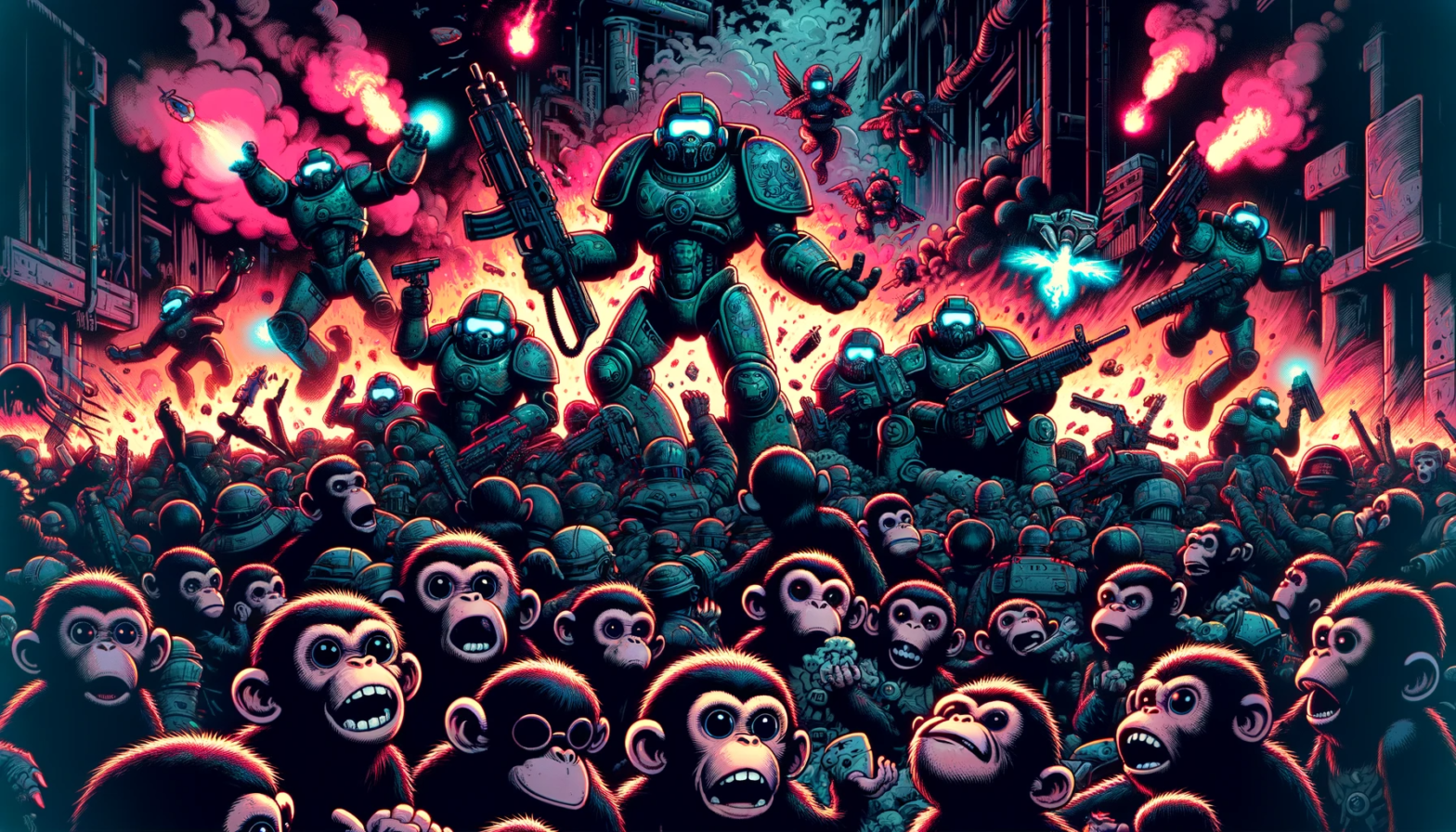If the endgame for Yuga Labs (creators of the notorious Bored Ape Yacht Club) is essentially a Web3 videogame, and that does appear to be what signs point towards, it seems like an opportunity to examine the closest Web2 equivalent and see what can be learned.
Bungie, who were acquired by Sony at a $3.6B valuation in February, seem like a reasonable comparison; not too far off Yuga’s $4B valuation from their Andreessen Horowitz-led raise in March.
Bungie are responsible for building a few monster IPs. The most well known is Halo, established in 2001 and owned until 2010.
Halo: Reach, their last title in the series – and not even their best seller, sold roughly 10 million units. However, while Halo helps illustrate the great legacy of Bungie, and the depth of their portfolio, it’s not that title that provides the interesting comparison.
Their more recent IP, Destiny, is a better example – as a ‘virtual world’ online role-playing game.
Destiny 1 had around 30 million account holders. Destiny 2 has around 38 million, and the annual revenue from that title alone is estimated at $100-500 million.
Yuga Labs has…
- BAYC: 10,000
- MAYC: 20,000
- BAKC: 10,000
- Otherland: 200,000
That’s a theoretical maximum of 240 thousand account holders (people who own NFTs, though some may own multiple) producing a gross revenue of $138 million in 2021.
You have to be incredibly bullish about Web3 to believe that Yuga Labs has earned a higher valuation than Bungie – based on those numbers. Or perhaps that Yuga is capable of doing something, thanks to NFTs, which Bungie is not?
Where can we look for an answer to this?
Is it the fact that Yuga Labs is able to ‘leverage their Web3 brand’ to build a ‘transmedia IP’ spanning games, TV series and movies, etc?
Unlikely. Bungie is also doing that with the Destiny IP.
So what is it that drives the Yuga Labs valuation to such lofty heights, in such short a time? They have certainly yet to prove that they can provide value beyond their core audience of NFT holders. In fact, most of that value is stored in the theoretical value of those NFTs.
Beyond that, what is Yuga Labs offering? A wealth-gated community of crypto bros?
I’m sure it’s a valuable network, and the events they host are wild, but does it indicate a scalable business model? Not so much.
So is Otherside a virtual world designed exclusively for Yuga Lab’s community of NFT holders? Or is it for everyone?
If it’s for everyone they are competing on Bungie’s terms as a more traditional video game experience, and it seems like might struggle to be competitive there – even with the vast treasury.
If it’s just for NFT holders, even if that pool grows in future, it isn’t clear how well that idea scales or what kind of further monetisation it will allow.
Puzzling.

Leave a Reply